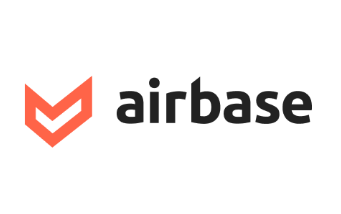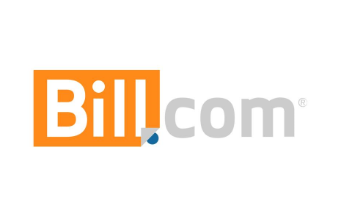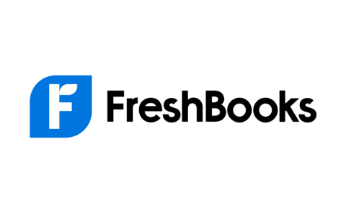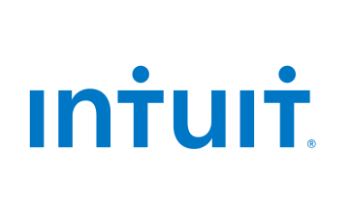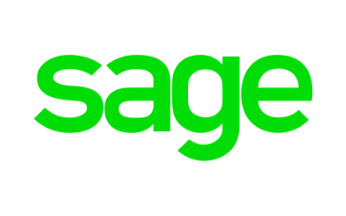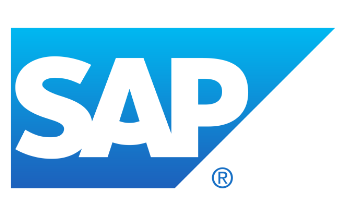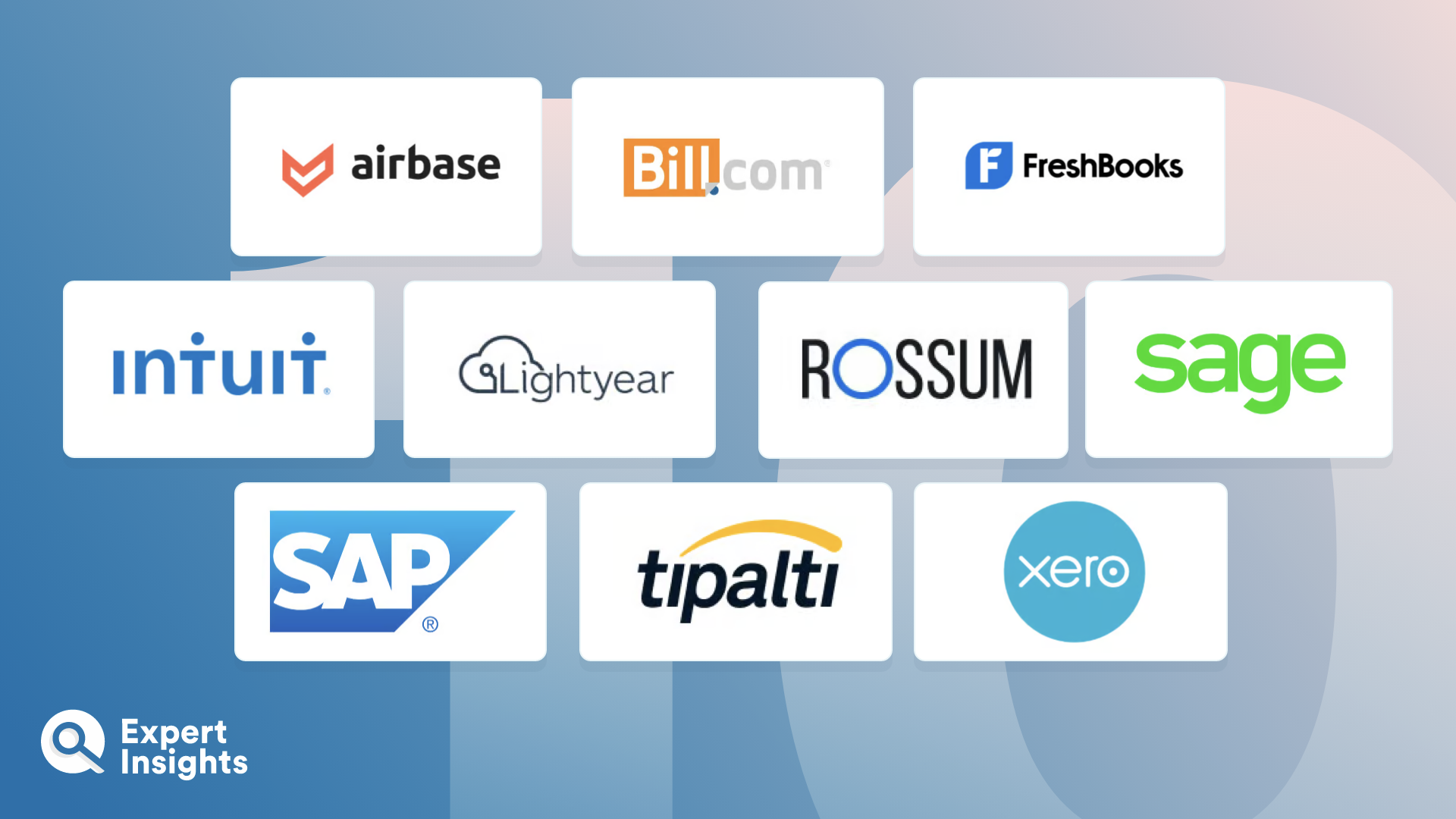Everything You Need To Know About Accounts Payable Solutions (FAQs)
What Are Accounts Payable Solutions?
Accounts payable is a short-term balance of money that your business owes its vendors, suppliers, and any other creditors for goods or services you’ve received from them. Just as you expect your customers to make payments in a timely manner, so do your suppliers. If you don’t pay your accounts payable debts on time, you could risk defaulting, which could impact your reputation amongst your customers and potential future stakeholders.
Managing your accounts payable is a critical component of monitoring your organization’s cash flow. If your accounts payable figure is increasing, it means you’re buying goods and services on credit, rather than cash you actually have. If it’s decreasing, you’re paying off your debts more quickly than you’re buying new services on credit. You can use this dynamic to create cash reserves at certain times, by paying off your accounts payable as close to the due date as possible. But recording and monitoring your accounts payable can be time-consuming and tricky—particularly if your business owes money to a lot of different creditors. That’s where accounts payable solutions come in.
Accounts payable software solutions, also known as accounts payable automation solutions, streamline the process of tracking and managing supplier invoices and employee expenses that you still need to pay. They do this by automating manual, administrative tasks such as data entry, invoice approval, and payment processing. Accounts payable solutions also provide you with a single, central platform from which to manage your invoices and handle documents. This enables your team to see exactly how much you owe all of your creditors, suppliers, and lenders in one place.
Accounts payable solutions can either be available as standalone products or implemented as part of a wider Enterprise Resource Planning (ERP) platform. In both cases, these solutions take the strain off finance departments, enabling them to spend less time on repetitive admin and more time focussing on business growth.
How Do Accounts Payable Solutions Work?
Accounts payable solutions usually operate according to a similar model. First, they receive invoices from the suppliers, along with credit terms. They match each invoice with any supporting documents and verify them for accuracy, then automatically carry out invoice data entry. Then, the accounts payable solution requests approvals from authorized approvers.
Once approval is obtained, the solution makes a note of that in the system, and schedules, makes, and distributes invoice payments. Finally, it records the fact that the invoice was paid.
What Are The Benefits Of Implementing An Accounts Payable Solution
There are several reasons why your organization should consider implementing an accounts payable or accounts payable automation solution:
- Streamline your accounts payable processes: By automating many of the manual tasks involved in managing your payable account, you can speed up the entire process from start to finish, removing the need for hours of data entry so your team can focus on business growth and cost-saving initiatives.
- Reduce the risk of error: Not only does automation help speed things up; it also increases accuracy by eliminating the risk of human error such as creating duplicate payments by validating invoice data against ERP information and automating data entry.
- Improve your cash flow: Accounts payable software provides you with real-time visibility into your funds, with detailed reports that make it easy for you to stay on top of your cash flow. This makes it easier for you to manage your spending, as well as ensure payments are made in a timely manner. This ensures that you can develop positive relationships with your suppliers.
- Optimize your app9roval process: By automating many of the manual stages involved in invoice processing (such as routing approvals and notifying stakeholders), accounts payable solutions can help you avoid late fees, missing invoices, and unauthorized purchases. And by documenting each stage of the invoice journey, these solutions can also help you prevent fraud.
- Build compliance into your workflows: The best accounts payable solutions enable you to build compliance rules into your automation workflows. This means that all actions are consistently logged and reported on, helping you quickly identify and remediate instances of non-compliance and fraud, such as duplicate invoices or suspicious additional charges.
What Features Should You Look For In An Accounts Payable Solution?
Accounts payable solutions may offer slightly different feature sets, depending on which industry and size of business they’re designed for and whether they’re standalone solutions or available as part of a wider ERP platform. That being said, there are some features that any strong accounts payable solution should offer. These include:
- Automation: Your chosen accounts payable solution should be able to capture and extract relevant data from invoices automatically, reducing manual data entry. It should also automate approval workflows, thereby helping to save time and reduce the risk of errors.
- Document management: Robust document management capabilities can help you to organize and store invoices, receipts, and other relevant documents securely. This will usually involve some type of cloud storage facility and should also include version control and audit trails to help you track changes made to invoices and payments.
- Vendor management: All strong accounts payable solutions facilitate efficient communication with vendors. To do this, they may offer features such as automated notifications, a vendor portal, and the ability to track and manage vendor relationships.
- Reporting and analytics: Your chosen solutions should offer advanced reporting and analytics tools that provide insights into spending patterns, payment trends, and other financial metrics. These reports should be fully customizable.
- Multi-entity and multi-currency support: If you have suppliers or customers that are located in a different country to the one in which you operate, you need to make sure your chosen solution supports those currencies and can convert them for you.
- OCR for invoices and expenses: To help reduce manual data entry, your chosen solution should user Optical Character Recognition (OCR) technology to automatically recognize and capture data from invoices.
- Compliance and security: The solution should comply with any financial regulations and data protection standards that are relevant to your organization. The best solutions also offer in-built security features, such as data encryption and access controls, to help protect sensitive data.
- Mobile accessibility: It’s important that your team can access your accounts payable solution via mobile devices, especially for approval processes that may require on-the-go accessibility.
- Integrations: A strong accounts payable solution should integrate with your existing ERP system and other relevant software to avoid data silos and improve overall operational efficiency.
- User-friendly interface: Choosing an account payable solution with a user-friendly interface will ensure quicker adoption by the team and can help reduce training time and errors.



